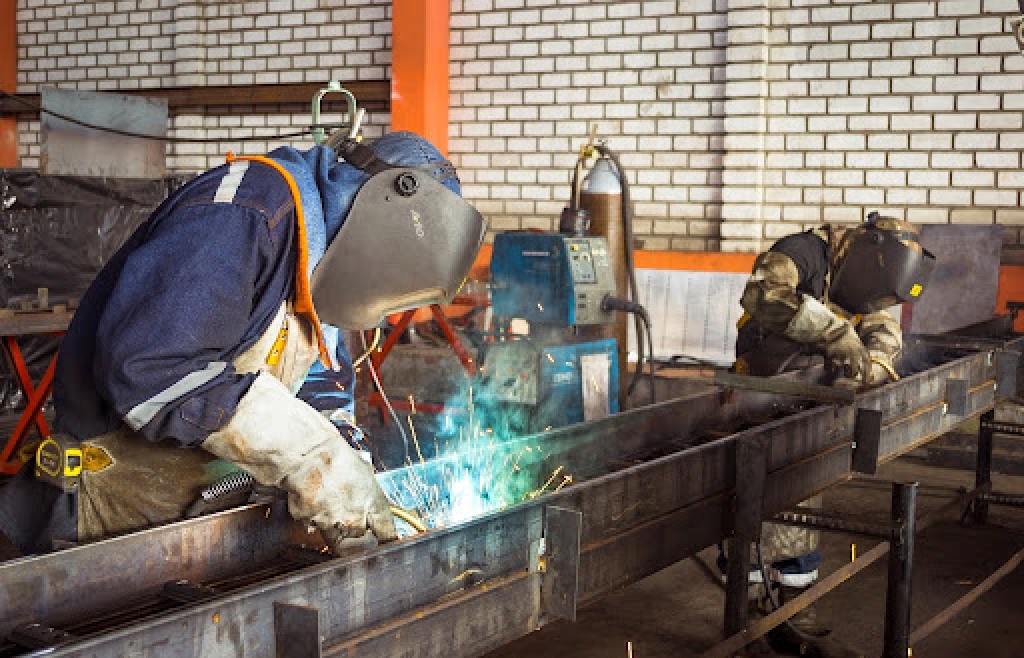Family-run manufacturing businesses face unique challenges in scaling while maintaining core values. As founders of a fractional executive services firm, we’ve guided many through this journey. A notable success is an electronics manufacturer that quadrupled its revenue in two years, providing valuable lessons for others looking to grow without losing their identity.
The Family Business Dilemma
Family-run manufacturing businesses often struggle with the dual challenges of maintaining their close-knit culture while pursuing aggressive growth. In one case, a company owner had nurtured his business from humble beginnings in his garage to a 100+ employee operation in the Midwest. However, despite three decades of growth, the company found itself regressing financially, with stagnating monthly shipments.
This scenario is all too common in family-run businesses. The very qualities that make these companies special – close relationships, loyalty, and a strong sense of tradition – can sometimes hinder their ability to adapt and grow in a rapidly changing market. So, how can family-run manufacturers scale successfully while maintaining their unique character?
1. Embrace External Expertise
One of the most crucial steps in scaling a family-run manufacturing business is recognizing the need for external expertise. This can be a challenging step for many family business owners who are accustomed to keeping everything “in the family.” However, bringing in outside perspectives can be transformative.
In the case of our electronics manufacturer, the decision to engage with fractional executive services provided access to experienced leaders who could offer fresh insights and strategic guidance. This external viewpoint helped identify blind spots and opportunities that might have been overlooked from within the organization.
2. Align Your Organization
Many leaders assume everyone in their organization is aligned with the company’s Core Values. When we asked whether this was factual or aspirational, the owner realized it was aspirational.
As manufacturing businesses grow, maintaining alignment across departments becomes challenging, leading to inefficiencies and missed opportunities. We implemented a model to enhance communication, creating cohesion from RFP to product shipment. This ensured all departments worked toward the same goals, streamlining operations and boosting productivity.
3. Optimize Revenue Generating Processes
For many family-run businesses, sales processes evolve organically over time, which can lead to inefficiencies and missed opportunities. A structured, data-driven approach to sales can make a significant difference in scaling efforts. Helping others on the team understand they impact revenue generation is also key in this process.
We worked with the electronics manufacturer’s team to design a new sales process that aligned with their growth goals. This involved:
- Implementing a CRM system to track leads and customer interactions
- Developing a clear sales funnel with defined stages
- Creating standardized quotation processes
- Establishing key performance indicators (KPIs) to measure sales effectiveness
This structured approach helped increase their monthly shipments by over 300%, a testament to the power of optimized sales processes.
4. Invest in Technology
In today’s digital age, adopting new technologies is crucial for manufacturing businesses looking to scale. However, many family-run businesses are hesitant to make significant technology investments, often due to concerns about costs or disruption to established processes.
We supported the team in integrating new technologies that streamlined their operations. This included:
- Updating their existing Enterprise Resource Planning (ERP) system
- Coaching the team to adopt cloud-based collaboration tools
- Investing in advanced manufacturing equipment
- Implementing data analytics tools for better decision-making
These technological upgrades not only improved efficiency but also positioned the company to take on larger, more complex projects, contributing significantly to their growth.
5. Foster a Culture of Trust
Maintaining a family-oriented culture while scaling can be challenging. As businesses grow, there’s often a fear that the close-knit, trust-based culture that defined the company’s early years will be lost.
We focused on creating trust among internal and external customers. This involved:
- Implementing transparent communication practices
- Encouraging open feedback at all levels of the organization
- Developing a strong company mission and values statement
- Regular team-building activities to maintain personal connections
This approach not only preserved the company’s family atmosphere but also improved relationships with clients and suppliers, contributing to business growth.
6. Continuous Process Improvement
To scale effectively, family-run manufacturers must commit to continuous process improvement. This can be challenging in organizations with long-standing traditions and ways of doing things. However, it’s essential for sustainable growth.
We helped improve numerous operational processes, leading to increased efficiency and profitability. This involved:
- Regular process audits
- Employee suggestions for improvement
- Lean manufacturing principles implementation
- Continuous training and skill development programs
This commitment to ongoing improvement allowed the company to handle increased volume without sacrificing quality or efficiency.

7. Leverage Flexible Executive Support
Rather than making multiple full-time hires, consider leveraging flexible executive support. This approach allows family-run businesses to access top-tier talent without the overhead of permanent hires.
As the President of the electronics manufacturing company noted, “Our fractional executive was the equivalent of multiple Director level hires that we would have needed without him.” This flexible approach provided the company with high-level expertise precisely when and where it was needed, supporting rapid growth without overwhelming the existing organizational structure.
8. Empower Existing Talent
While bringing in external expertise is valuable, it’s equally important to empower existing talent within the organization. We focused on coaching and developing the existing leadership team, including the CEO, President, and Directors of various departments.
This approach involved:
- Leadership development programs
- Mentoring and coaching sessions for newly promoted leaders
- Cross-functional training opportunities
- Delegation of key strategic initiatives
By investing in the existing team, we maintained continuity while driving growth, allowing the company to scale without losing its core identity.
Conclusion: Balancing Growth and Values
The journey of this electronics manufacturer from modest revenues to quadrupling its annual revenue in just two years demonstrates that it’s possible for family-run manufacturing businesses to achieve significant scale without sacrificing their values or identity. By embracing external expertise, aligning the organization, optimizing processes, and leveraging flexible executive support, family-run manufacturers can position themselves for success in an increasingly competitive landscape.
Remember, scaling is not just about growing bigger – it’s about growing smarter. Not every company will follow the same path to success. With the right strategies and support, your family-run manufacturing business can achieve remarkable growth, without sacrificing quality, while staying true to its roots.

